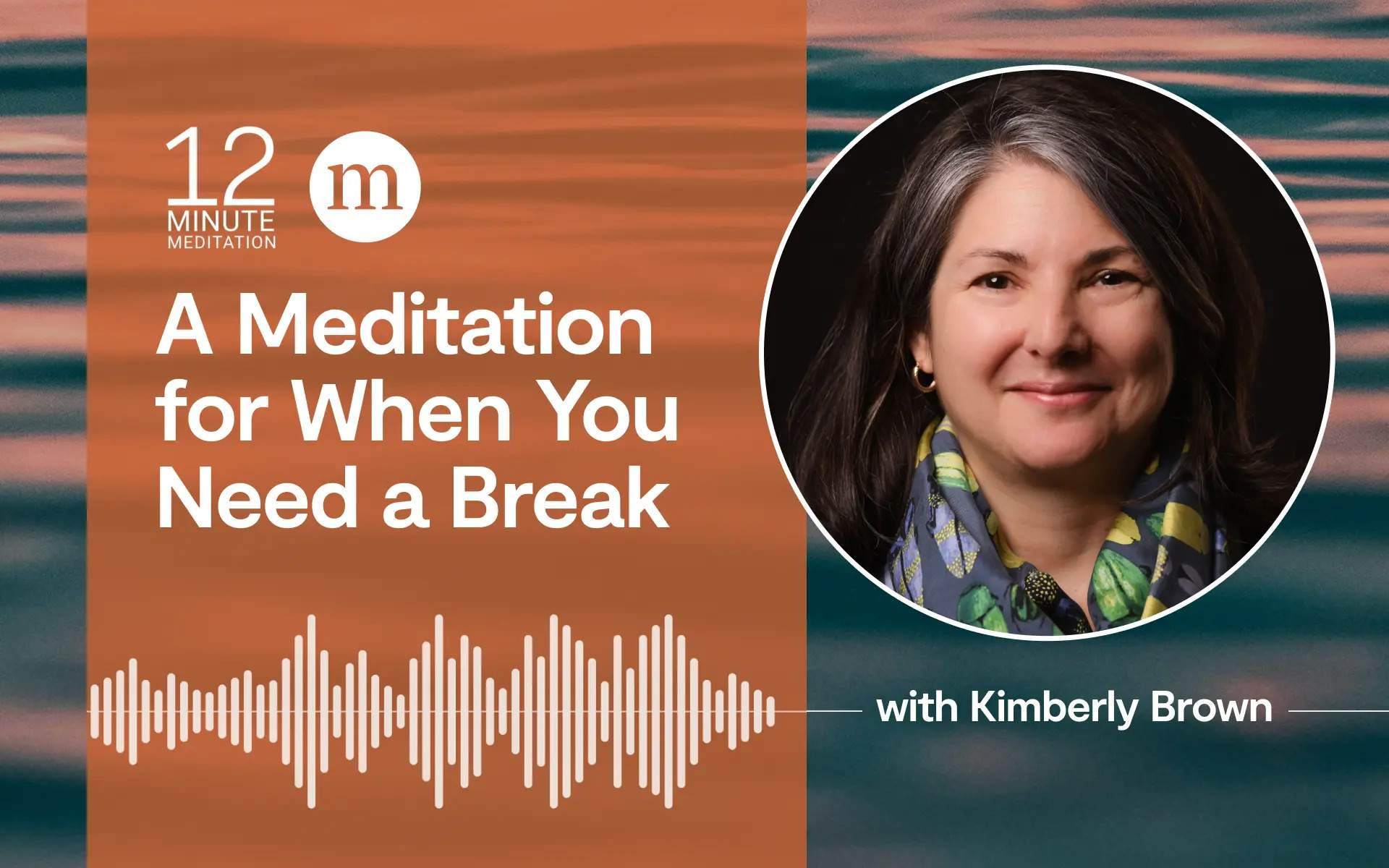There are a few things I want you to remember about difficult conversations:
- You’re not avoiding difficult conversations because you’re bad or broken. Your brain is protecting you.
- Self-compassion helps you face the discomfort of tough conversations.
- Self-compassion is not selfish or passive. It’s courageous.
With that in mind, it is crucial that we not only start having difficult conversations, but that we start learning to master them. Along the way, practicing self-compassion is key to transforming the muck of difficult interactions—the blame, shame, resentment, and anxiety—into moments of connection, solutions, and leadership in our relationships at home and at work.
There have been conversations I was far from mastering. Many years ago, a trainee of mine was falling far short of what her clients needed. The focus for her appeared to be compulsive overdoing in a grab for recognition. She even fell asleep in session with a client! When awake, she often pushed her agendas on clients and had a large no-show rate.
She was also personally connected to someone I felt indebted to. Falling prey to an old habit of avoiding the discomfort of confrontation, I sidestepped the inner call to give her direct feedback. I avoided the elephant in the room (even the sleeping one!).
You have likely experienced similar pain points when faced with difficult conversations. When others are on a volatile path, you may have found yourself lashing out or looking for the door. When the other person is smug in their “rightness,” maybe you’ve felt pulled to argue your point to the end. When faced with sarcasm or the insincere “sure-have-it-your-way” deflection, you may have felt pulled to yank them toward something approaching honesty and clarity only to end up with a Grand Canyon of uninspiring distance between you.
Difficult conversations are indeed painful. The remedy starts with self-compassion.
Why It’s Important to Have Difficult Conversations
There are three key reasons why we need to have and master difficult conversations:
1. We are neurologically wired to protect ourselves from pain and seek satisfaction. Neuroscientists like Dr. Judson Brewer at Brown University have done the research linking the habit loops of triggering cues, behavior, and the results (like lessened discomfort) to ongoing habits like smoking, overeating, and even anxiety itself.
The human brain’s ability to form habits that put behavior on autopilot to secure rewards and lessen threat and pain ensured our survival as a species millennia ago. The problem is that human brains have not updated to the current social complexity of relationships. Our brains are wired for eluding the points of spears and saber-toothed tiger fangs, not the unfollows and unfriending of the modern world.
As a result of our outmoded mental hardware, we are prone to forming bad habits in difficult conversations—again, because they’re painful! Therefore, all of us deserve a heaping helping of self-compassion when it comes to avoiding, blaming, escalating, sabotaging, and all the other things humans do when the talking gets tough.
2. And yet, even though our brains prime us for less-than-ideal communication habits, we can encourage ourselves to do better. Self-compassion involves bringing mindfulness to your emotional pain or distress, connecting to the universal nature of these pain points in many other people, and intentionally bringing a stance (and action) of kindness and care to this pain.
Research by psychologists like Kristin Neff has shown the positive impact of self-compassion practice. In one study, Neff showed that students with higher levels of self-compassion were more likely to communicate in class, seek help, and avoid doing so less. Another study by Melanie Schellekens and colleagues showed that couples with higher levels of mindfulness and self-compassion were less distressed and communicated more when one partner faced a lung cancer diagnosis. Bringing more flexible awareness to discomfort seems to open pathways to communication, even when it’s quite challenging.
3. Developing habits (like self-compassion) in difficult conversations means we can counter polarization, disconnection, prejudice, decreased productivity, and overall poorer outcomes. These new habits of presence, perspective, and heat-of-the-moment creative impact gives you access to the improbable but not impossible—connection, creative in-roads to solutions, and opportunities for in-the-moment leadership. People willing to have difficult conversations are the knot un-tiers, the bridge-builders, the compassionate rabble-rousers you and I need in workplaces and in our homes. We can all learn to create opportunities for healing rifts and empowering others, and model and inspire possibility for others in daily life.
I do not have a time machine to go back and have the conversation with my trainee she (and I) needed to have. She needed me to aim for the truth in the painful experience behind her nodding off and agenda pop-offs with clients. She needed a compassionate dope-slap to create a possibility for true change. I needed self-compassion for my anxiety habits and the suffering they created to rise to a higher level as a leader. Lesson learned.
None of us has a time machine to go back and fix our past conversational mistakes, but there is a time-less machine. With a willingness to wield tools like self-compassion, imperfectly for sure, you can bring grace to your own mistakes and pain from tough conversations. And by the way, owning errors is one of the other tools in the box!
You need go-to tools that ground, regulate, open perspective, and move you toward the truth behind others’ actions. And that’s just the beginning…
Practice: A Simple Gesture of Self-Compassion for Difficult Conversations
Here’s a simple way to practice self-compassion before or after a difficult conversation.
1. Call to mind a recent painful conversation in which you may have behaved unskillfully. Vividly imagine it until your body and mind are stirred with some degree of discomfort.
2. On a slow in-breath, bring your hands to your heart. Join them loosely together, or perhaps rest your palms gently alongside your cheeks—in a way that fits for you, place your hands in a gesture of kindness and care.
3. On a slow out-breath, feel the warmth of your hands and notice the effect this gesture has on your experience of this moment. This is self-compassion.
4. Come back here again and again, particularly to ease the pain of difficult conversations.
read more
How Kindness at Work Encourages Creativity
CEO Andrew Swinand shares how working mindfully became the norm at Leo Burnett Group, and the simple practices that have helped to unlock new levels of creativity and innovation across his teams.
Read More
A 10-Minute Practice to Help Curb the Habit of Gossiping
Try this guided mindfulness exercise to help you change the habit of gossiping. Next time you feel the urge to gossip, you’ll be better equipped to stay aligned with your integrity.
Read More
A 12-Minute Meditation to Welcome Everything
Frank Ostaseski offers six steps to open up to the present moment—whatever it may bring.
Read More










